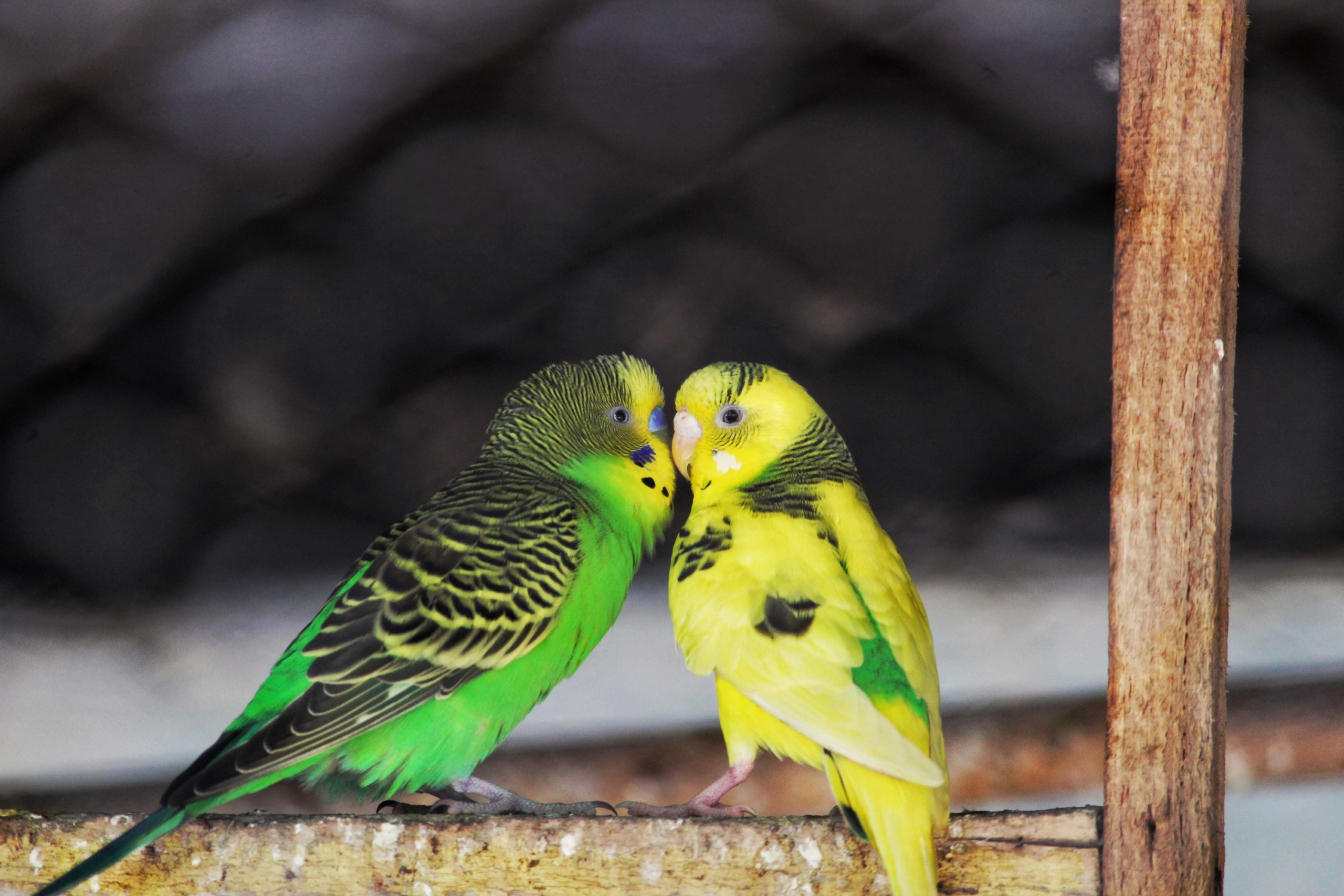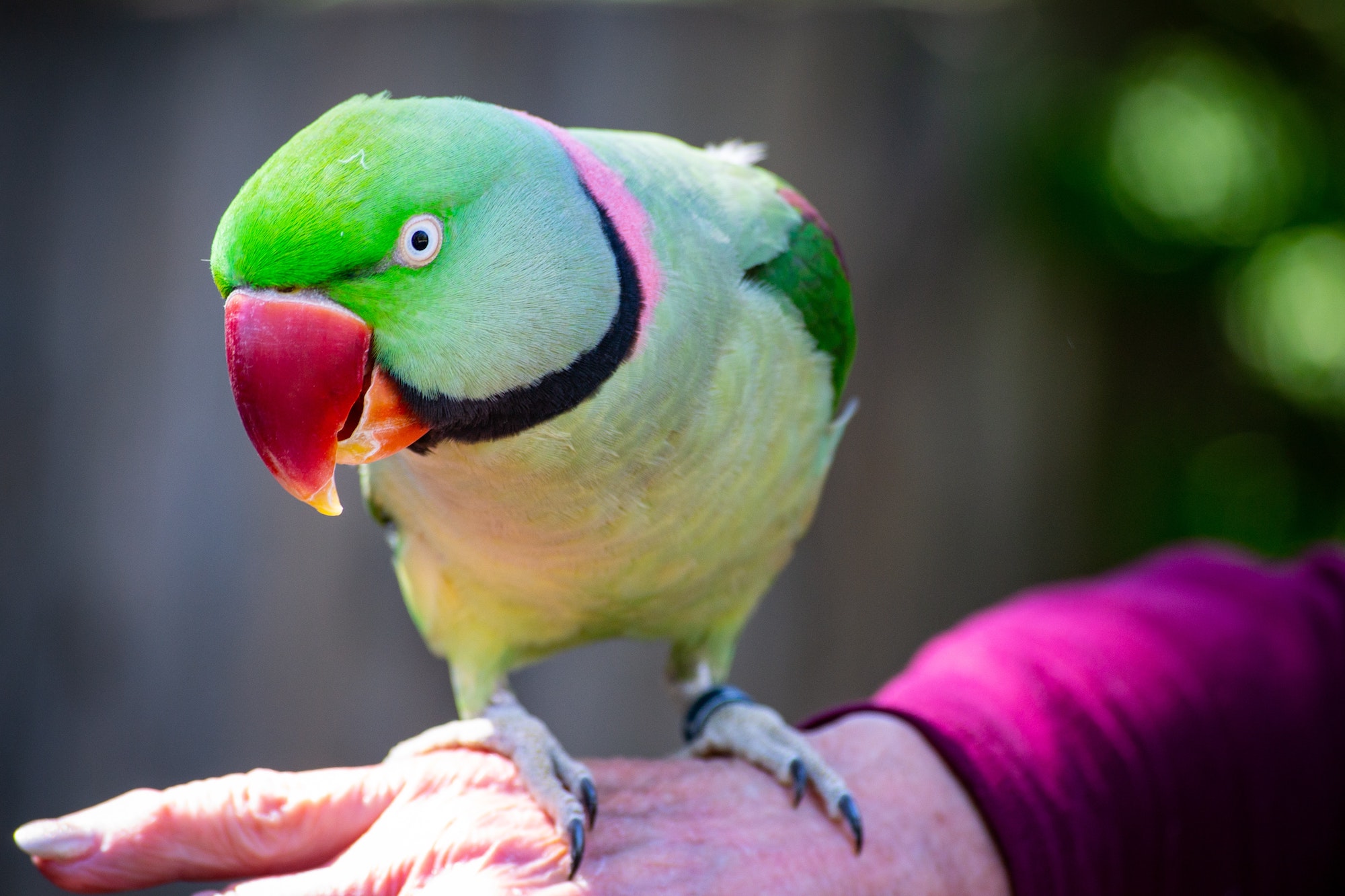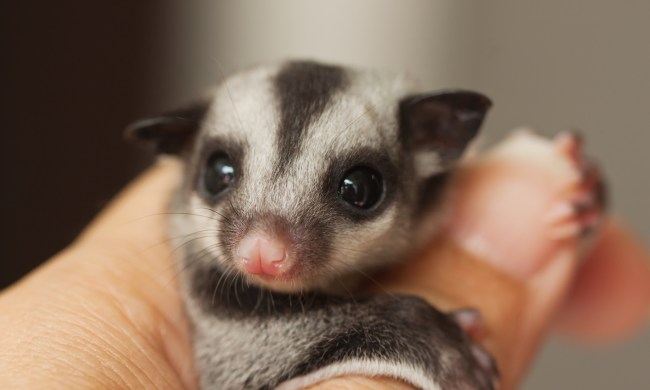Your kids are clamoring for their first pet, but a dog or cat just isn’t an option in your household. What’s a parent to do? Consider adopting a bird! Birds can be just as faithful and loving with longer life spans than many other pets. Some of them are very low maintenance, and learning to care for them can be a great way to teach responsibility.
Interested? Here’s a quick list of five great birds to consider adding to your family.
Interactive birds

These two varieties are great for the child who is gentle and able to accept responsibility for daily interaction. They love companionship, so plan on getting a pair if you won’t be able to give them daily attention.
- Parakeet. Also known as budgies, this playful bird originated in Australia. They are smart, affectionate birds that love to sing and play in the water. They can also learn to talk. Male parakeets typically learn faster and talk more frequently than the females. By nature, parakeets are very vocal birds and can be quite noisy. They live to be as old as 15 years of age and typically cost $25 each.
- Cockatiel. Like the parakeet, cockatiels originate from Australia and are very sociable. They can learn to talk, although they love to whistle and are naturally very vocal birds. They also love to sleep, requiring as much as 14 hours a day. Cockatiels typically live 15-25 years and cost between $80 to $150.
Independent birds
If you’re more interested in watching than interacting, these three bird varieties make beautiful pets:
- Peach-faced lovebird. Like their name implies, lovebirds are extremely affectionate and will bond with their owner if handled daily. If you aren’t interested in having a tame lovebird, plan to buy a pair to prevent them from becoming lonely. Lovebirds mate for life. Their devotion to each other is always on display and a pleasure to watch. Lovebirds can live to be 15 years old. They cost between $40 to $130 depending upon the species.
- Canary. Despite its reputation, canaries are actually quiet companions. These very small members of the finch family only grow to 4-5 inches and can live as long as 10 years. Because they don’t require a lot of attention, they are perfect for the first time bird owner. Although they are timid and shy with their owners, they can be very territorial. It’s recommended they live in a large “flight cage” where they can spread their wings. If you plan to keep multiple birds, they should be the only canary in the cage. Expect to pay between $25 to $150.
- Finch. Although finches aren’t known to be cuddly companions, their beautiful coloration and pleasant sounds make them an ideal pet for families. These birds need large flight cages and do best when they are with other finches. Popular varieties include Gouldian finches, zebra finches and society finches. They normally live 5-9 years but can live as long as 12 years. Expect to pay between $20 to $100 for a pair.
Is my child old enough to own a bird?
Before getting a pet bird for your kids, or as you weigh out whether or not this feathery creature makes sense for your family, consider the age and activity level of your children. While most experts agree that it’s best to wait until children are 5 or 6 years of age, every family is different. As a general rule, if your child is generally calm and responsible, they will do well with a pet bird.
How much does it cost to care for a bird?

Plan to spend at least $300 the first year, and approximately $200 each following year (excluding any big veterinary bills). Costs include purchasing the bird and its cage as well as food, toys, treats, and veterinary care.
How much care do birds require?
Each variety of bird requires a different amount of care, depending upon their socialization requirements. Be sure to ask lots of questions about proper care and feeding before you buy. At the very least, plan on providing fresh food and water daily and cleaning their cages on a weekly basis. A clean environment keeps your bird healthy and out of the vet’s office.
Do birds bite?
Birds use their beaks as an extra hand to help them grasp and climb as well as a defense when the birds are frightened, overstimulated, hormonal, or tired. Birds are wild animals and, although it’s very likely your pet bird will bite on occasion, understanding their habits and developing a sense of trust will lessen that tendency.
So, which bird is best for my family?
Be intentional about matching the type of bird you buy with your family’s personality. Birds are more delicate than cats or dogs and can be easily injured. If you want a pet your children can touch and hold frequently, a parakeet might be a better choice than a finch.
Noise is a consideration, too. As a general rule, parakeets and cockatiels are noisier by nature than canaries, finches, and lovebirds. As flock animals, most birds will want to join in with the “singing,” meaning a loud household might make an already vocal bird even noisier.
Birds are popular pets — and for good reason. Birds are intelligent, inexpensive, low maintenance, and fun to watch. Whether you adopt one of the five varieties discussed in this article or choose another that suits your family’s personality, a pet bird can bring your family years of joy, entertainment, and companionship.
Want to know more? Check out our guide on what do baby birds eat and drink.


